Review of Essential Gender-Based Violence Services for Women and Girls
Somalia
Gender-based violence against women and girls is relatively widespread in Somalia.Decades of ongoing conflict, pervasive violence and insecurity compounded by influxesof refugees, massive displacement from draught and flash floods as well as deeply rooted gender inequalities have made women and girls extremely vulnerable to GBV, particularly sexual violence. Female Genital Mutilation is almost universally practiced throughout Somalia with 98% of females in the age group 15 – 49 having been cut.
Rape, sexual abuse and trafficking are often perpetrated with impunity by a range of actors including security forces, members of armed groups and family. GBV incidents are perceived as being a family matter. And are therefore mostly resolved by interpretations of the Sharia Legal system and/or traditional customary system (Xeer), with the emphasis on compensation to clans rather than the survivors. Solutions, therefore, are often not in the best interest of women and girls survivors of GBV and can result in further harm to them, for example in instances where they are forced to marry their rapists. The majority of survivors does not report incidents of sexual and gender-based violence because of the associated stigma, fear of reprisal by the perpetrators and a lack of trust in a fragile state protection system.
98% of women and girls (in the age group 15–49) have undergone Female Genital Mutilation in Somalia.
Health
GBV prevention and response activities in health services are inconsistent in the Federal Government State, Puntland and Somaliland. Most health services are provided in general hospitals in the main cities in Puntland and Somaliland. Health services are also provided in 21 specialized multi-sectoral, one-stop GBV centres in the three regions.
The centres provide, at a minimum, services such as physical examination and urgent medical treatment. In some regions, these centres offer additional services, such as first aid psycho-social support, clinical management of rape, medical care for FGM-related complications, and referral to other services. However, mental health assessment and specialized psycho-social services are lacking in all the centres. Collection of forensic evidence is also not available in many areas.

Accesibility of Services
Health services are often difficult to reach for women and girls living in remote rural areas or camps of internally displaced people. Moreover, the majority of survivors are not aware that these services are available and that they are free of charge.
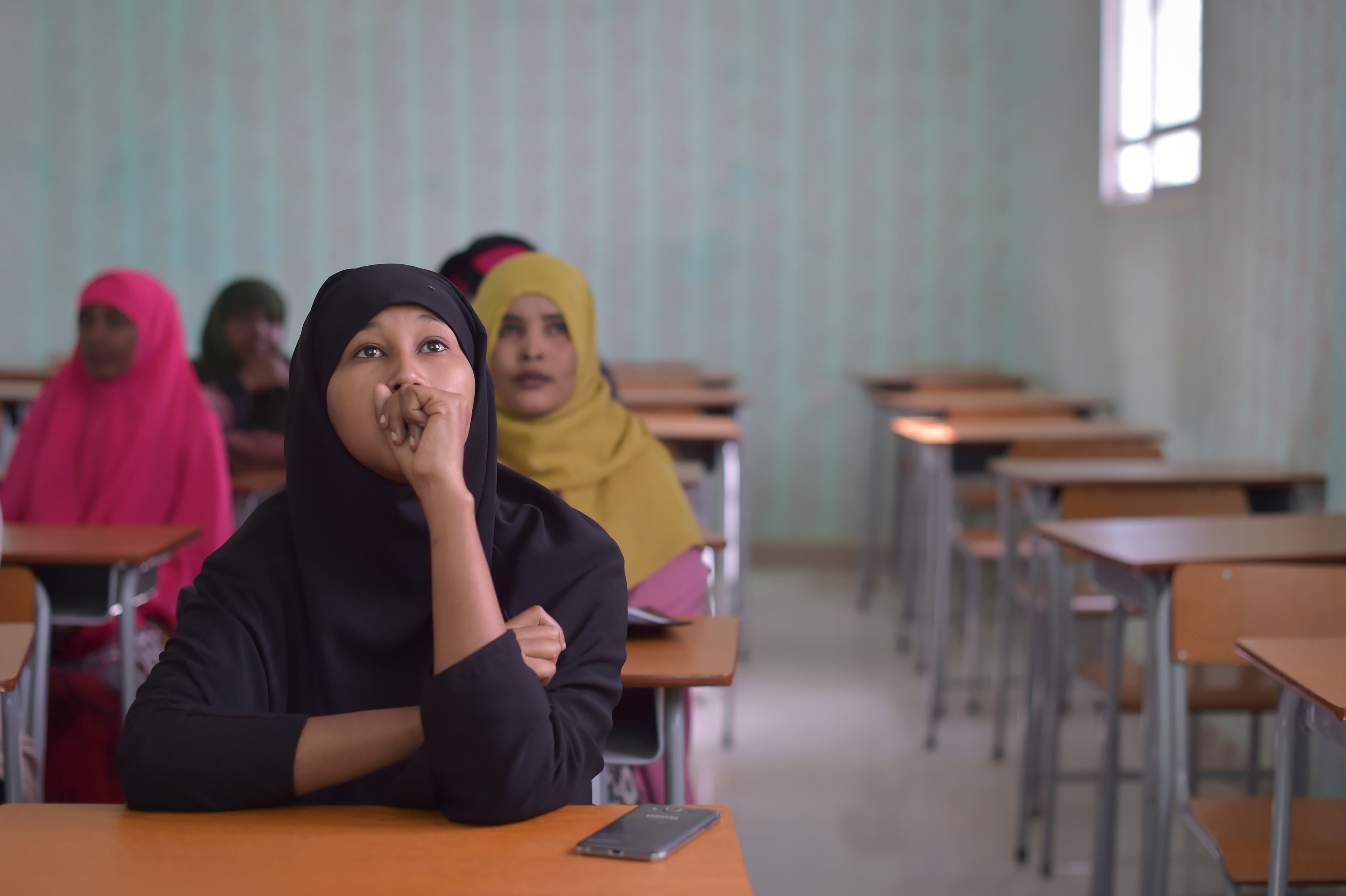
Awareness Raising Campaigns
The Ministry of Health’s prevention activities include awareness-raising campaigns that place printed materials in healthcare centres to inform survivors of available services. None of these campaigns, however, addressed the deeply entrenched adverse cultural norms that increase the risk of gender-based violence.

Risk of further violence and reprisal
Survivors from communities of internally displaced people and minority clans are at risk of further violence and reprisal of perpetrators in health facilities. Similarly, service providers operate at their own risk after reporting incidents, as there is no legal framework to protect them. Therefore, the capacity of health service providers to protect women and girls and their own safety is very limited.
Justice and policing
While there are a number of policy and legislative tools that mandate the provision of protection services to survivors of violence, the institutional culture of the police and the justice system is rife with the combined influences of customary and Sharia law, as well as the dominant patriarchal culture of the society.
In general, enforcement of statutory law diminishes outside the cities, where localized law among clans and interpretations of Sharia law prevail. Previously established “Women Desks”, intended to provide protection services to survivors of gender-based violence by female officers, are reported to be inactive. Further, there is no record of specialized prosecutors or judges for handling cases of gender-based violence in any of the three Somali regions.
Free legal aid is provided to survivors of gender-based violence by NGOs in two of the three regions. Similar government services also exist, but have to be paid for and are further obliged to report to the police, which makes them less appealing to survivors.
Most women and girls remain reluctant to report incidents of gender-based violence to the police, preferring to resort to traditional mechanisms instead. This is often due to the social stigma associated with survivors and their families, the pressure by elders and district authorities to rely on Xeer (customary law) even in regions where formal judicial systems exist, and periodic reports of girls being raped by men in uniform. Other discouraging factors include the lack of confidentiality in police stations and the police’s inability to protect survivors from perpetrators, who are often released soon after investigation. In 2017, only 2% of survivors of gender-based violence reported incidents to security services.
Social services
Coordination
نظرة عامة
Summary of Findings for Somalia
The government’s commitment to address gender-based violence, particularly sexual violence, is evident in a number of policy and legislative frameworks developed in the three regions of Somalia. However, implementation in the sectors is inconsistent.
Prevention and response services in the health, justice and police sectors focus narrowly and mainly on rape and sexual assault.
Services are free of charge, but quality and accessibility varies (they are mostly provided by hospitals in urban areas, hard to reach for rural women and girls). Most survivors are unaware of the existence of these services.
The majority of police service providers discourage women and girls from pursuing judicial proceedings, instead directing them towards the traditional customary system (Xeer), with its focus on compensation to clans rather than on survivors.
Services in the health and social sectors are provided in 21 specialized multi-sectoral one-stop centres across the three regions of Somalia
The lack of safe shelters and economic enablement programmes impacts survivors’ prospects for a complete recovery, and makes reintegration in families and societies more difficult.
After reporting incidents, service providers and survivors alike are not afforded adequate protection by any mechanism taking into consideration the influence wielded by clan status.
The institutional culture in the three sectors reinforces stigma and victim blaming, limiting the ability of service providers to deliver empathetic and ethical GBV care.
The physical setting for service provision does not meet the minimum acceptable standards when it comes to ensuring privacy and confidentiality, and is inaccessible to some at-risk vulnerable groups including women with dis-abilities.
Credible data on GBV at national level is not available to inform advocacy and national programming against GBV and sexual violence.
Policy and legislative frameworks:
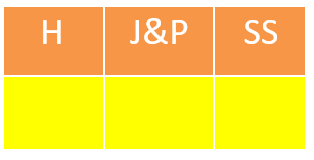
Specialized units/teams for provision of services for survivors of gender-based violence:
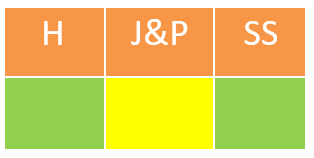
Availability of Services:
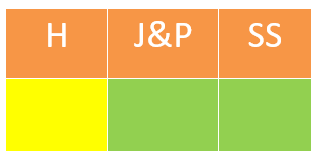
Geographical coverage and vulnerable groups:
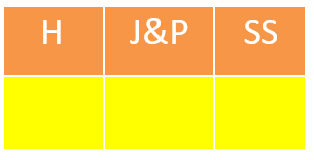
Accessibility of GBV services:
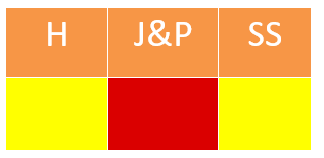
Risk assessment and safety planning:
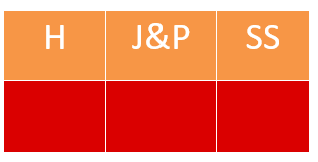
Privacy and confidentiality:
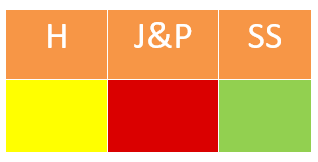
Intersectoral Standard Operating Procedures and Referral pathways:
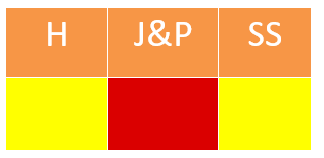
Gender-Based Violence units’ infrastructure and or teams/ working hours:
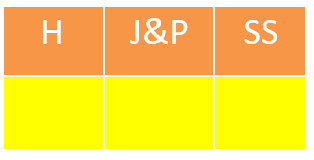
Workforce and training:
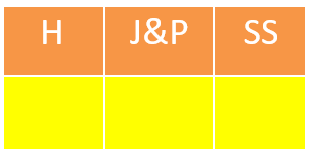
Monitoring and complaint mechanisms:
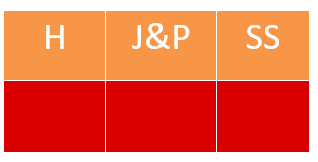
Budget of gender-based violence services:
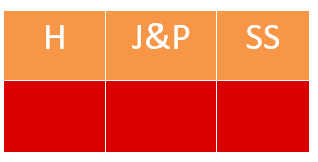
GBV data reporting system/s:
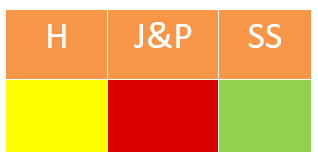
GBVIMS:
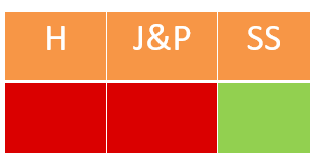
Harmonised standard data collection tools across sectors:
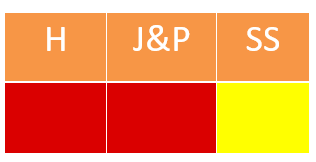
Protection of data / info:
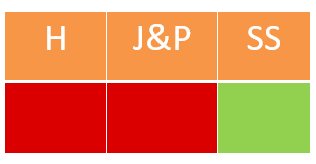
Information use and man¬agement:
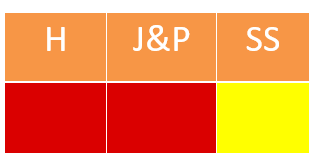
Coordination mechanisms exist at national and subnational level:

National Strategies and policies:

Resources (Financial, technical and authority) available:

Coordination plans, monitoring and accountability mechanisms in place:

Recommendations
Devise and implement a national policy against GBV in service provision in the health, justice and police and social sectors
Combat adverse attitudes of service providers by including provision of gender-based violence services in job descriptions and performance evaluations. Additionally, develop standards for selecting staff working on gender-based violence and assessing their suitability and readiness to work with women and girls survivors
Increase the number of female frontline service providers and professionals in gender-based violence service provision across the three sectors
Upgrade service provision facilities to meet the minimum acceptable standards for interviewing and providing services to survivors
Standardize SOPs (Standard Operating Procedures) and referral and case management pathways across Somalia and train frontline workers accordingly with clear guidance for roles, responsibilities and accountabilities in each of the three sectors
Develop protection mechanisms for both survivors and service providers that include risk mitigation measures and on-call protection teams from law enforcement personnel and, as feasible, select powerful clan leaders or influential bodies
